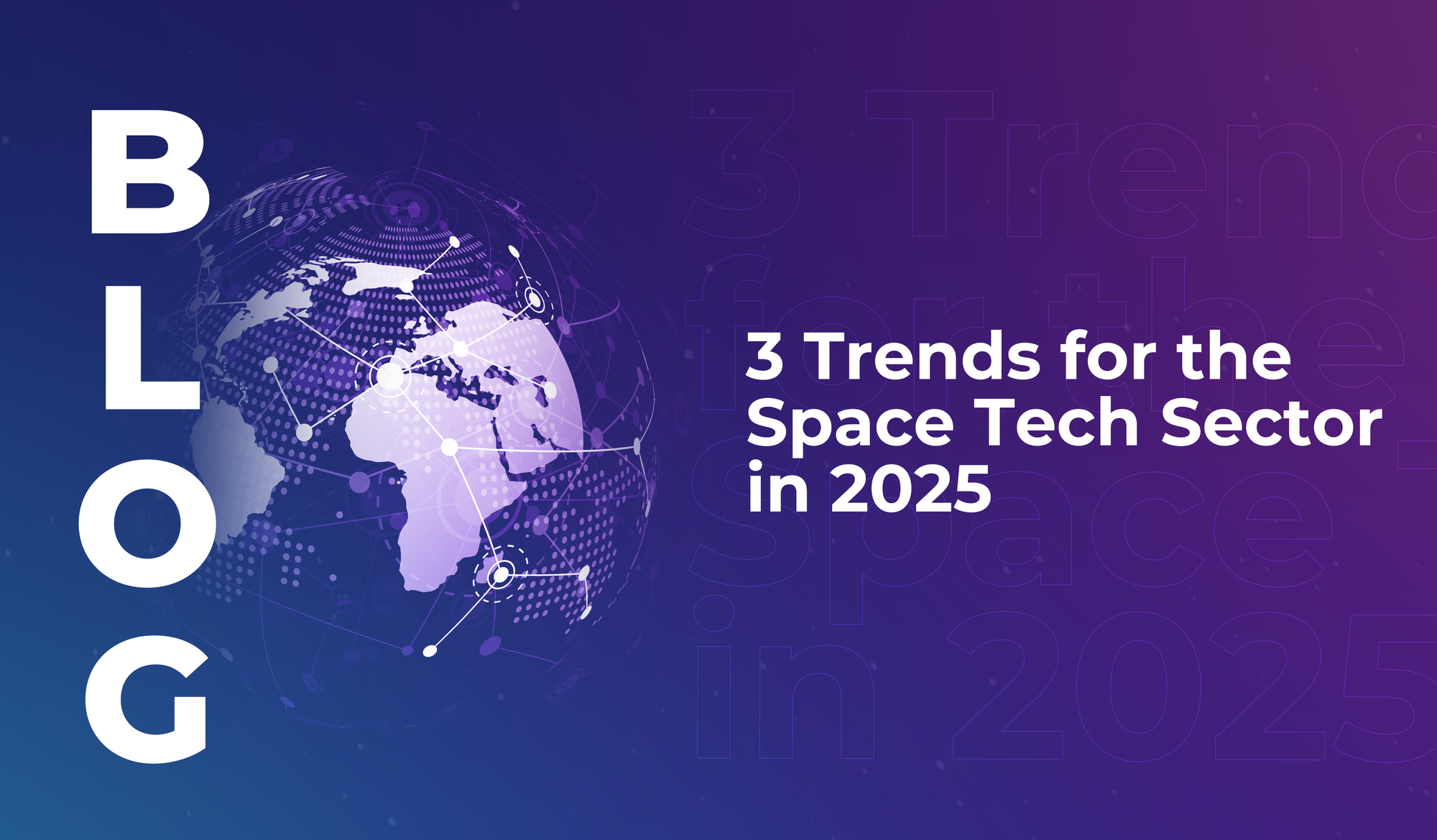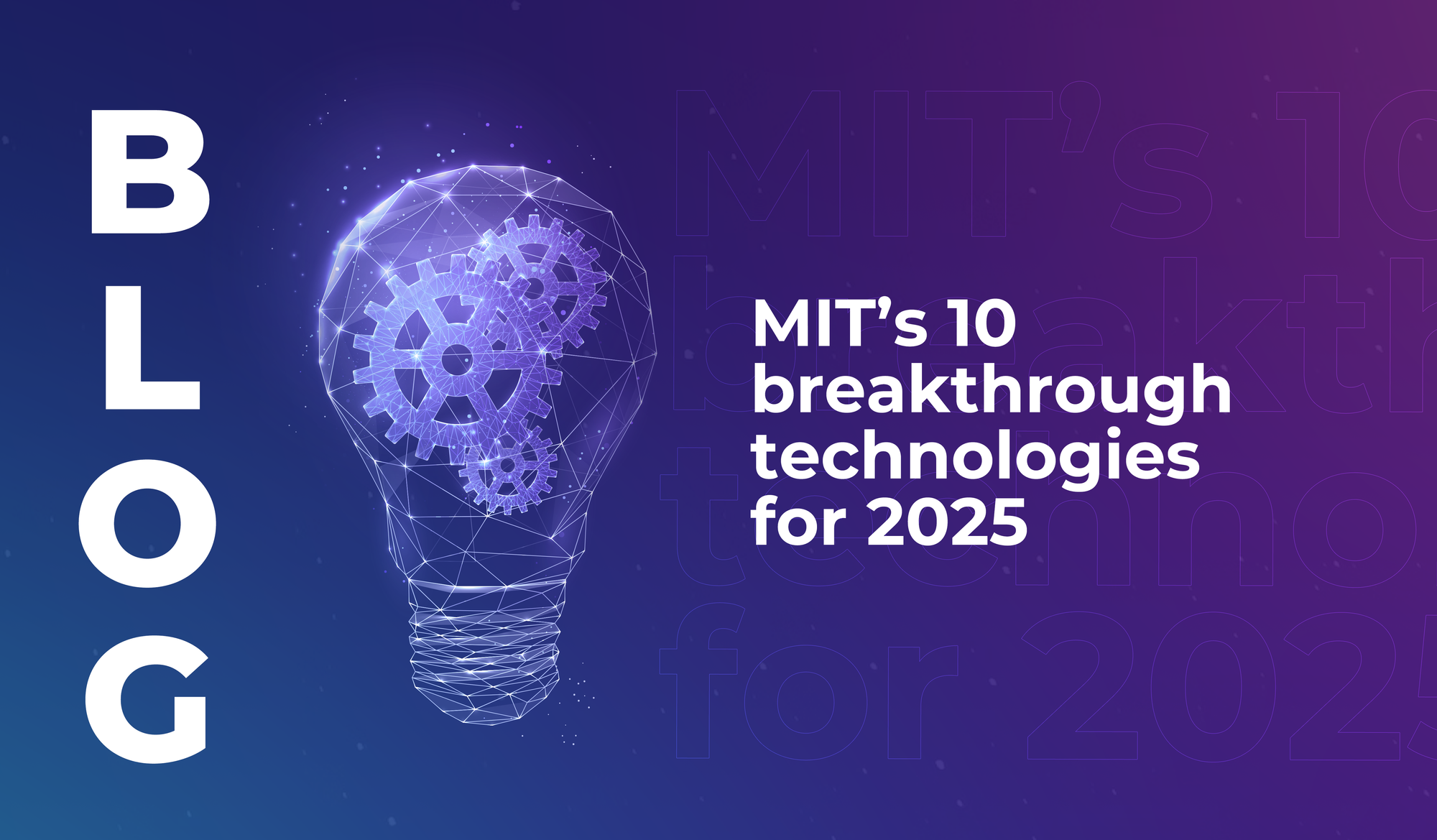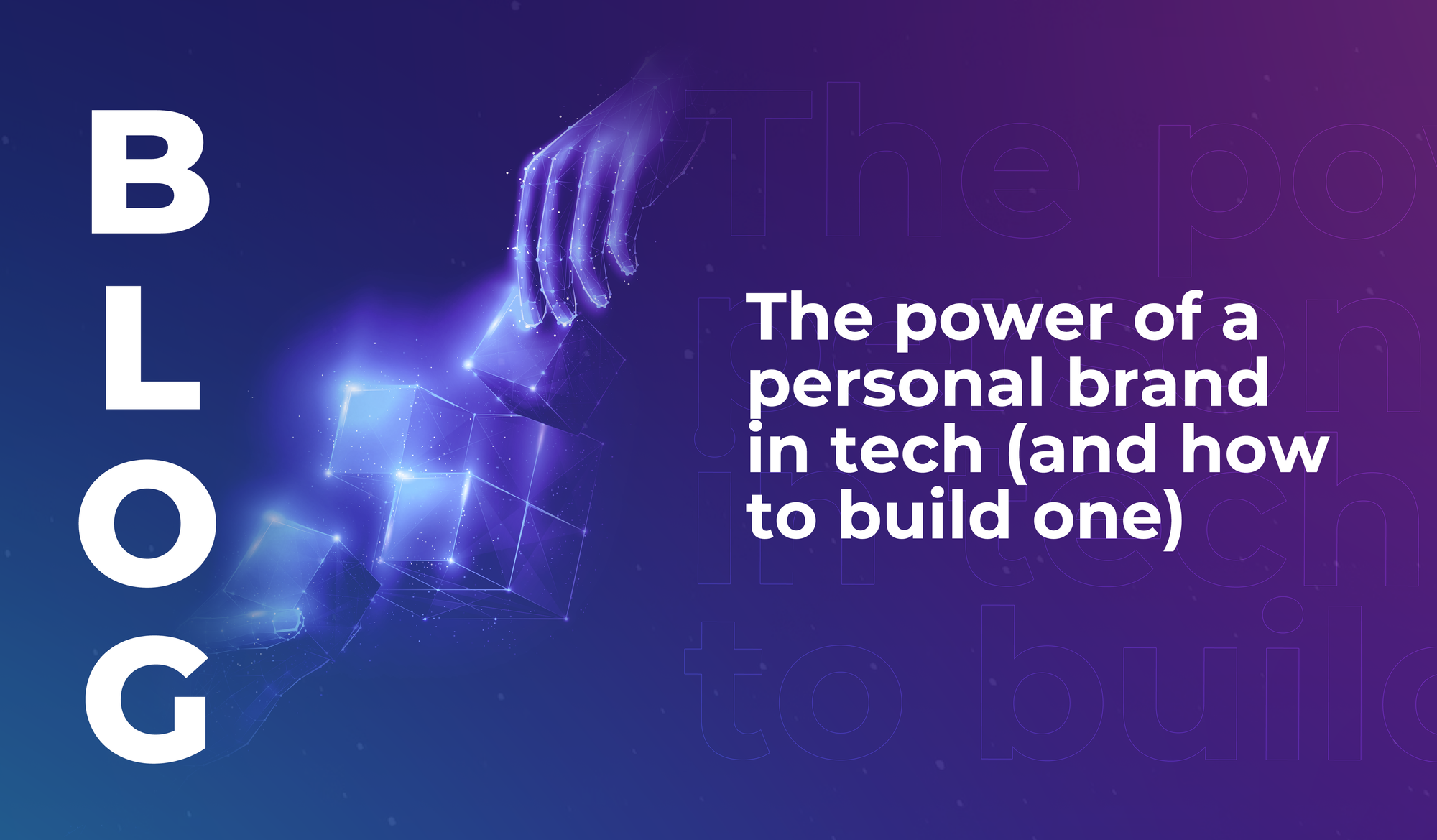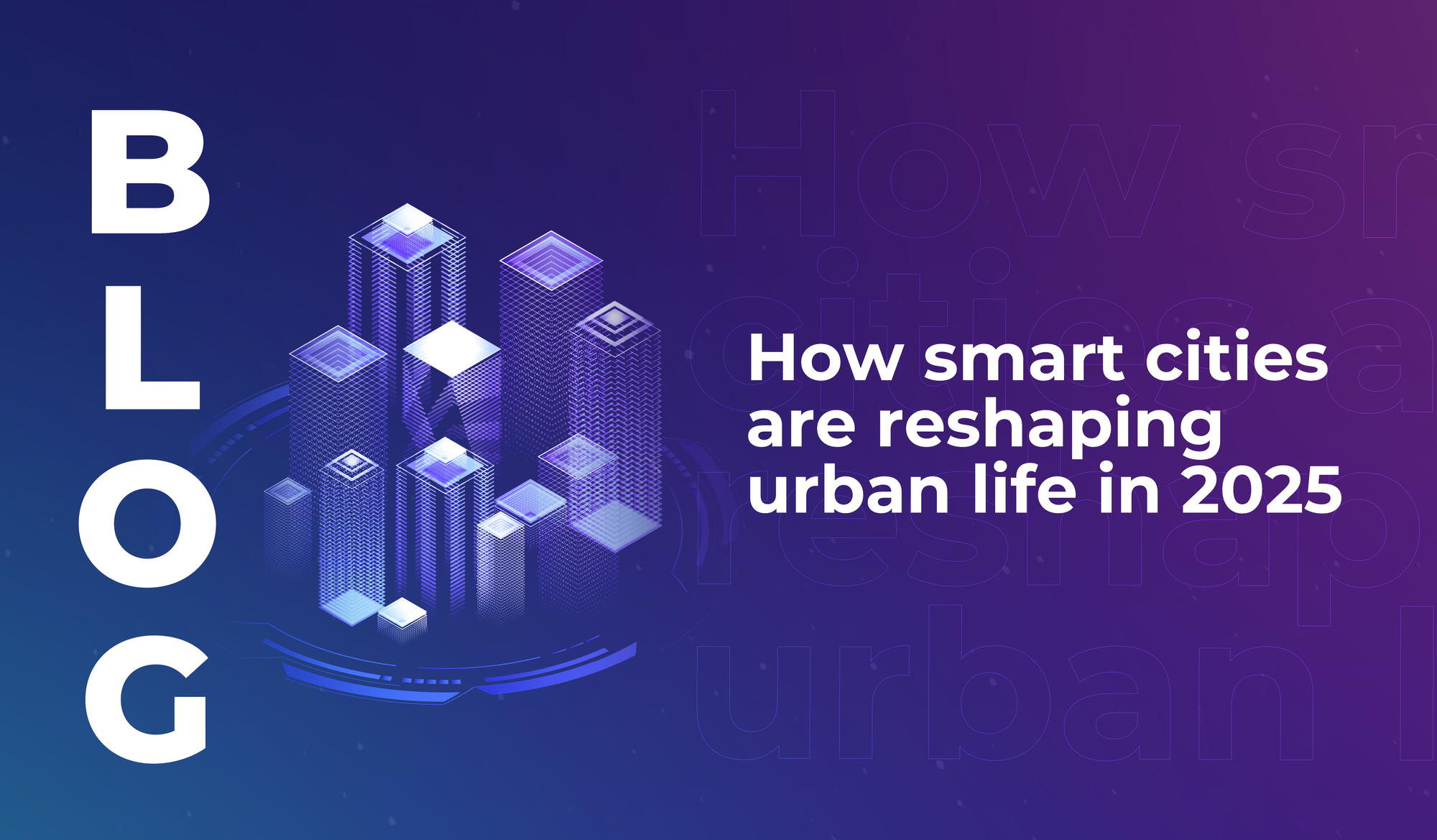
3 Trends for the Space Tech Sector in 2025
From private sector growth in the space industry to next-generation space vehicle launches and deep space exploration, 2025 will be an exciting year for space technology.


Every year the MIT Technology Review compiles its list of breakthrough technologies – the tech that will really make a difference to our world over the coming decades.
You can read the full report from MIT here. But in case you’re in a rush (but you still want the info), we’ve pulled those ten technologies with a quick explanation of why MIT researchers believe they’re going to have long-term impact.
In a remote area of Chile, a new telescope is coming online in 2025. Its purpose? To undertake a decade-long survey of the southern sky. The telescope contains the largest digital camera ever made for use in astronomy – it’ll be taking photos constantly for years to come, to give astronomers unprecedented volumes of material to help them study dark matter and explore the Milky Way.
Yes, everyone’s been talking about it for ages. But yes: GenAI is still worthy of inclusion on this very important list. GenAI search is changing the way people look for things online. Instead of coming up with a list of search results like a conventional search engine, GenAI tools can summarise information from across a wide range of online sources – including visual and audio content, as well as text – to give you exactly what you need, and fast. This has far-reaching implications for knowledge-sharing and information-gathering in digital spaces, and for the way businesses work online.
Everyone knows about LLMs. But what about SLMs? Small language models are cheaper to run than large language models, and they consume less power. Basically, they’re more agile and adaptable than LLMs and, increasingly, they can be just as useful for a range of tasks.
You weren’t expecting this one, were you? Neither were we. But cow burps are one of the biggest sources of emissions from the agriculture industry, and one of the most difficult problems to solve – because you can’t just tell cows not to burp. Now, a food supplement that reduces the amount of methane emitted by cattle burps is becoming available in countries around the world; and could have a significant impact on agricultural emissions.
They’ve been years in the making. Beta testing has been a long and thorough process, and now robotaxis are actually becoming available for public use in over a dozen cities around the world. Now that they’re operational, key players in the robotaxi market are preparing to compete for a stronger foothold in the market – while handling close attention from regional regulators.
Post-consumption jet fuel produces high levels of CO2 and other byproducts that are harmful for our environment. But new, greener jet fuels offer the potential to power planes without fossil fuels – and dramatically reduce the environmental impact of air travel. Cleaner fuels are made from industrial waste, cooking oil, or gasses in the air. After years of development these fuels are finally entering mass-production and government-mandated use.
Faster-learning robots are one of the many outcomes of the generative AI boom we’ve seen over the last couple of years. Today’s robots can learn new tasks faster than ever before; and perhaps more important than their speed, their ability to learn means they can also handle a wider variety of tasks without specific pre-programming.
A recent trial of a new HIV prevention medicine found that 100% of patients were protected from acquiring HIV infections when they received a dose of the meds every six months. This has major implications for the global health fight against HIV and AIDS – because if everyone who needs it could have access to this drug, then everyone could be protected.
Steel production emits more carbon than the entirety of India, and far more than the global air travel industry. As such a significant industrial source of carbon dioxide, steel has been the focus of sustainability R&D efforts in recent years. And now the very first industrial green-steel plant (using renewable hydrogen) is under construction by startup Stegra, in Sweden.
It’s been years since scientists first hypothesised that stem cells from human embryos would cure disease – and today, transplants of lab-made cells are being used to treat patients with epilepsy that have not responded to anti-seizure medication, and patients with type 1 diabetes. Supported by emerging technologies and AI data analysis we’re seeing an increased pace of progress for stem cell therapies, with real potential for wider use over the next few years.
Register now to join us at LEAP 2026 – and explore the technologies that will have the most significant impact on our world (and beyond) over the next decade. You’ll connect face-to-face with tech pioneers and discover your place in humanity’s collective future.

From private sector growth in the space industry to next-generation space vehicle launches and deep space exploration, 2025 will be an exciting year for space technology.

We ask personal branding expert Maha Abouelenein (Founder and CEO at Digital and Savvy) if every tech founder and CEO should build a personal brand. The short answer is yes.

Discover the key drivers of positive smart city development, including collaboration, data literacy, and a sharp focus on sustainability.

From private sector growth in the space industry to next-generation space vehicle launches and deep space exploration, 2025 will be an exciting year for space technology.

We ask personal branding expert Maha Abouelenein (Founder and CEO at Digital and Savvy) if every tech founder and CEO should build a personal brand. The short answer is yes.

Discover the key drivers of positive smart city development, including collaboration, data literacy, and a sharp focus on sustainability.